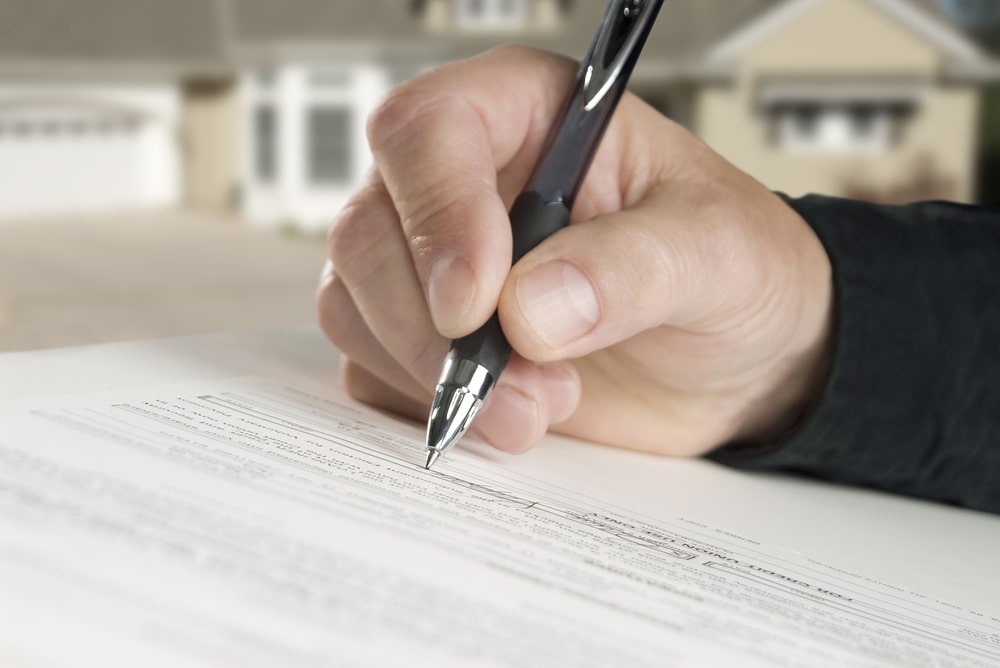Premises liability is a legal concept that often comes into play in personal injury cases involving an injury on someone else’s property. This principle holds property owners and residents accountable for accidents and injuries that occur on their property due to unsafe conditions or negligence. Our friends at Cashio Injury Attorneys, LLC can shed some light on premises liability in this guide:
The Foundation Of Premises Liability
At the heart of premises liability is the obligation of property owners to ensure their property is reasonably safe for visitors. This duty of care varies depending on the status of the visitor – whether they are invitees, licensees, or trespassers. Each category receives different levels of protection under the law, with invitees, such as customers in a store, receiving the highest level of protection.
Common Types Of Premises Liability Cases
Premises liability encompasses a broad range of accidents, including slip and fall incidents, inadequate maintenance, defective conditions, insufficient security leading to assault or theft, and even dog bites. Each type of case has unique factors, but all hinge on the principle that the property owner failed to maintain a safe environment.
The Role Of Negligence
For a premises liability claim to be successful, the injured party must prove negligence on the part of the property owner. This involves demonstrating that the owner knew or should have known about the hazardous condition and failed to take appropriate action to remedy it. Establishing negligence is a critical step in pursuing compensation for injuries sustained.
Evidence Is Key
Gathering evidence is crucial in premises liability cases. Photos of the hazardous condition, witness statements, and medical records related to the injuries can all bolster a claim. It’s also important to report the incident to the property owner or manager as soon as possible, creating an official record of the event.
The Importance Of Legal Representation
Given the complexities involved in proving negligence and the challenges of dealing with insurance companies, seeking the guidance of your premises liability lawyer is often in your best interests. A knowledgeable attorney can navigate the legal system, advocate on your behalf, and strive to secure the compensation you deserve for your injuries, lost wages, and suffering.
Mitigating Factors
In premises liability cases, the concept of comparative negligence often arises. This means that if the injured party is found to be partially at fault for their own injuries, the compensation awarded can be reduced accordingly. For example, if someone ignored clear warning signs or ventured into restricted areas, their ability to claim full compensation could be impacted.
Compensation In Premises Liability Cases
Compensation in these cases may cover medical expenses, lost earnings, pain and suffering, and sometimes punitive damages, especially in cases of gross negligence. The specific amounts and types of compensation available can vary widely, depending on the details of the case and the jurisdiction in which it is filed.
Get In Touch With A Lawyer Today
Understanding premises liability is crucial for anyone who has been injured on someone else’s property. It’s a complex area of law that requires a nuanced understanding of legal principles, the ability to gather and present evidence effectively, and the skill to negotiate with property owners and insurance companies. Contact a lawyer to get started on your case.

